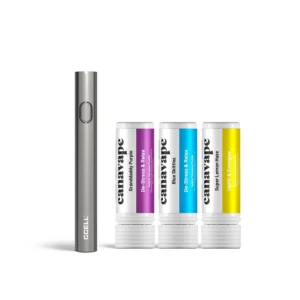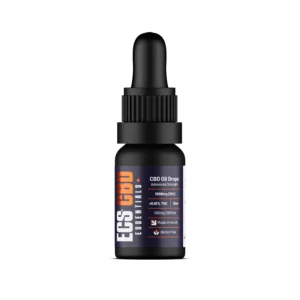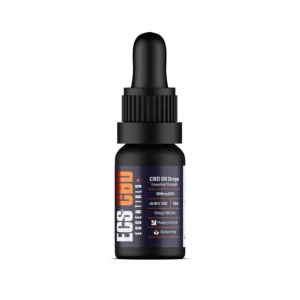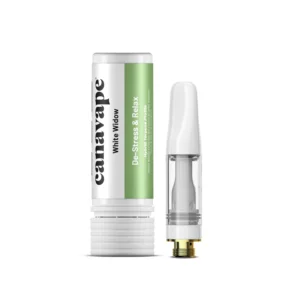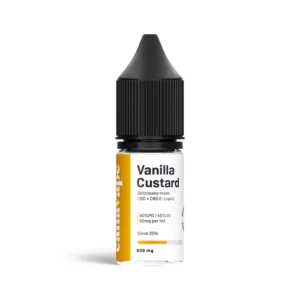The effects of different cannabinoids vary depending on the specific compound and how it interacts with the body. THC is known for its psychoactive effects, which can lead to feelings of euphoria, relaxation, and altered perception of time and space. CBD, on the other hand, is non-psychoactive and is often used for its potential therapeutic benefits, such as reducing inflammation, pain, and anxiety.
CBN is another cannabinoid that is produced as THC breaks down over time. It is believed to have sedative effects and may help with sleep disorders. CBG is a minor cannabinoid that is thought to have anti-inflammatory and neuroprotective properties. CBC is another non-psychoactive cannabinoid that may have anti-inflammatory and analgesic effects.
THCV is a cannabinoid that is similar to THC but may have different effects. It is thought to suppress appetite and may have potential as a weight loss aid. CBDV is a non-psychoactive cannabinoid that is being studied for its potential anti-convulsant properties. Finally, THCA is the precursor to THC and is non-psychoactive in its raw form but may have potential therapeutic benefits when decarboxylated.
Overall, the effects of different cannabinoids can vary widely and are influenced by factors such as dosage, method of consumption, and individual body chemistry. More research is needed to fully understand the potential benefits and risks of each cannabinoid, but they hold promise for a variety of medical conditions and wellness practices.






